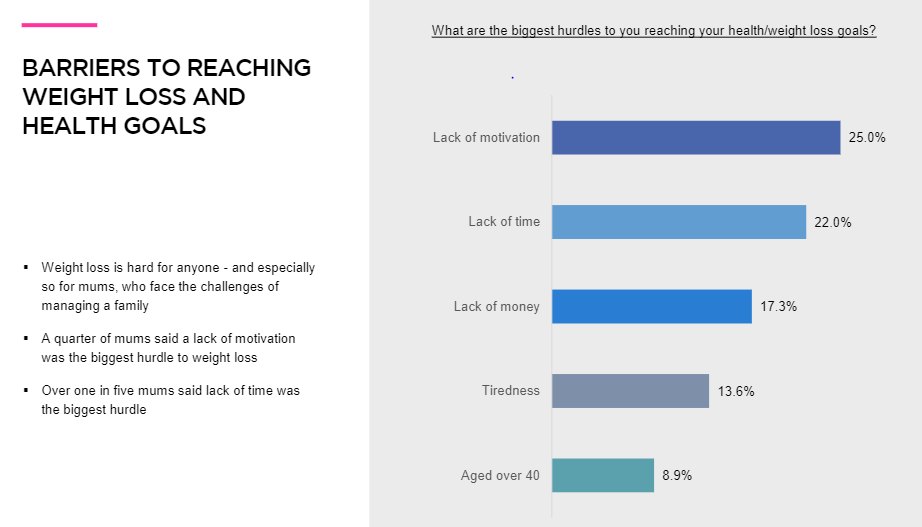The RISING COST of CHILDCARE: American parents are paying more than ever before!
Does a huge amount of your household’s pay check go on childcare?
Parents in the U.S. are feeling the pinch, as the average cost of childcare has gone up in the last six years more than the median income across the country.
New research showed that as many as 70% of families dedicate more than 10% of their income towards childcare costs!
American parents are paying more than ever before for childcare
A new survey by care.com looked at data collected from 4,146 parents in the United States during the month of April 2019.
They found that families are splashing out 26% more for nannies to look after one child in 2018 (on average around $596 per week) than they did in 2013 ($473 per week).
Childcare centers have gone up around 14%, from $186 a day to $213. Meanwhile, after-school care has risen 35%, from $181 to $244 a week.

However, the average household income has only risen around 11% from 2013 to 2017.
What’s more, 70% of families give more than 10 per cent of their income towards childcare costs, while more than 40 per cent spend more than 15% of their income.

The survey also found that New Jersey is the most affordable place to hire a nanny and North Dakota has the most affordable childcare centers. While New Mexico has the most expensive nannies and Washington D.d. has the least affordable childcare centers.
Top five least affordable states to hire a nanny
- New Mexico
- Mississippi
- Arkansas
- Alabama
- Florida
Top five most affordable states to hire a nanny:
- New Jersey
- Maryland
- Connecticut
- New Hampshire
- Minnesota

Top five least affordable states to use a child care center
- District of Columbia
- California
- Oregon
- New Mexico
- New York
Top five most affordable states to use a child care center
- North Dakota
- Utah
- Delaware
- New Jersey
- South Dakota
According to the Care.com data, the average weekly child care cost for one infant child is $199 for a family care center, $211 for a day care center and $596 for a nanny.
74% of moms and 66% of dads say their workdays have been impacted because child care fell through at the last minute.

38% of parents admit to changing jobs for higher pay to afford childcare
Two-thirds of parents said that, prior to having children, they did not expect the cost of child care would influence their career decisions, with 38% changing jobs for higher pay and 26% switching from full-time to part-time work to save money on childcare.
25% of moms admitted to leaving the workplace because of childcare.
The survey also asked parents how they’re impacted, in addition to financial strain, by the rising cost of child care:
- 36% say child care costs have caused relationship tension.
- 39% say care costs have impacted family planning.
- 39% say they waited longer to have children or had fewer children than they would have liked because of the high cost of care.
How can parents afford childcare?
- 31% said they’d put themselves further into debt.
- 37% stopped saving money.
- 37% stopped paying off debt.
- 44% made major budget cuts.
- 41% reduced non-child related household expenses, like eliminating gym memberships or cutting the cord on cable.
“Those percentages are consistent with the most recent National Study of Employers, which found that just 7% of companies provide child care at or near the worksite, and only 5% offer backup care for employees when their regular care arrangements fall apart,” says care.com.
“The survey results demonstrate the central role that care plays in our economy, and the new data helps illuminate why child care is taking center stage in American politics and policy. Lawmakers from both parties have recently unveiled ambitious new proposals to help fix America’s broken child care system.
“Measuring the impact of child care costs on families, businesses and the economy is a key first step to solving America’s care crisis.”
The Healthy Mommy put together a survey for World Healthy Mommy month, surveying over 5,000 moms worldwide in our global community and found that U.S. mommas are TWICE as likely to be working full time.
We asked moms about a range of topics including their family circumstances, lifestyle, physical and mental health along with their health goals and barriers to healthy living.
The mothers in our community are a diverse group that includes stay at home moms (30.3%), full time working moms (26%), part time working moms (25.2%), new moms on maternity leave (8.1%), moms who have their own business (2.7%) and moms who work from home (2.5%).
Thinking globally, it was interesting to see that moms in the US (38%) are twice as likely to work full time as moms in Australia (19.2%) with 24.9% of British moms surveyed working full time.
The Healthy Mummy’s founder Rhian Allen says, “Mums are the gatekeepers to the family and the key person of influence for the health and longevity of her family.
“When mothers set a positive health example, it can have a significant roll on effect across her family and community.
“Our mission at The Healthy Mommy is to help mums all over the world to lead a healthier life by supporting and helping them make health a priority and set positive examples for generations to come.”
When it comes to weight loss, almost half of moms in the US have a goal of losing 30lbs or more with 1 in 10 hoping to lose more than 60lbs.
Whether their goal is 30lbs or 60lbs the moms we surveyed said that a lack of motivation (25%) and a lack of time (22%) were the two biggest things preventing them from reaching their weight loss goals.
If you are wanting to get that bit of extra support in your journey to better health come and join our community of like-minded moms!
American moms are twice as likely to be working full time


Highlights of The Healthy Mommy survey results:

What are US moms goals?

What’s stopping moms from losing the weight?

Join our community of supportive moms!





